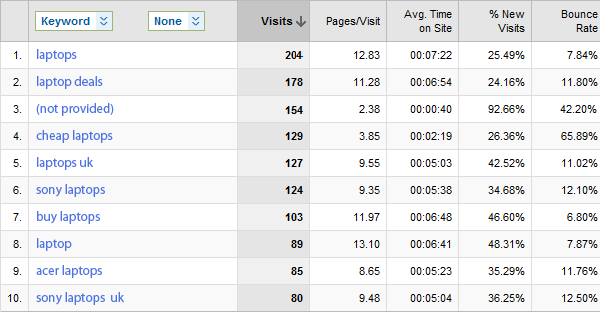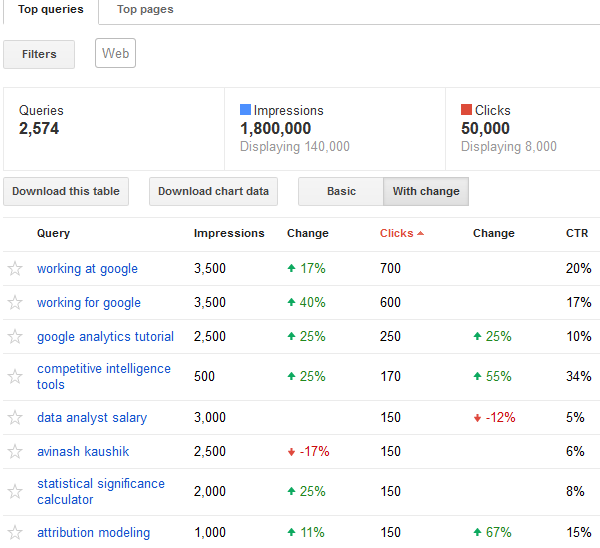Increase Your Website Rankings With These Top SEO Tips - Part 2

The first blog post on this topic laid the groundwork for important SEO tips your website should be utilizing for optimal search rankings. This post will continue teaching you about SEO best practices to make your website strong and effective. We will take a more in-depth look into your specific keyword searches that will be relevant to your site.
The longer it’s been active, the better. It’s also extremely beneficial to have a network to draw from. This means having some sort of built-in network that you can draw data from to help determine what kind of keywords will stand out, which is beneficial considering this data will come directly from your own network. This network could come from a blog following, social networks such as Twitter and Facebook, or email, and ideally you will be able to reach out to this audience for occasional help using a link that will take them to a page describing what you’re needing assistance with.
Look for keywords that have a good volume, but not too much. You want to find an effective middle ground. A keyword with too much volume will be extremely competitive, and a word with too little simply won’t help at all (because no one is typing it in the first place). As a quick example, people are going to search the word “doctors” more than “practitioners.”
Check out your competition and find out what keywords they are using. You need to keep these in mind in order to differentiate yourself from the crowd. See what your competitors are doing online, and do it better.
Choose a keywords relevant to your current business model. Basically, this means you’re probably going to get better results using keywords that are directly relevant to your site. Keep in mind any close variations on the primary keywords of your business. After settling on a keyword, search it in Google to see what it pulls up. Keep these factors in mind after you’ve searched:
- Page titles – how is the word being used?
- The types of businesses and their content
- The domains and URLs – are any of these exact match domains?
- Are any of the sites authoritative? – are they industry leaders/been around a while?
Think about your audience--your patients! What is their intent when they search a specific keyword? You’ll get valuable information from long-tail keywords because they usually highlight more specifically what the user is searching for and why. Check this post out for more information on long-tail keywords. Your keyword optimization should lead the user to the one thing they are looking for online, so make sure you are seriously researching the types of keywords relevant to your business and how to generate the best wording for a search.
Think about what your customer would type upon searching.
Conceptualize the content on your website to generate results. Ranking for a keyword can occur in many ways, such as through an article, product page, blog post, video, infographic, and so on. Your content needs to be of high quality that will benefit the searcher. Does your content include the type of language that consumers would be searching with? This is a major factor that search engines will look out for. However, content shouldn’t be overloaded with a bunch of keywords or ads that are only in place to benefit your website.
Use Google Analytics. If you’re not sure where to start when it comes to finding what keywords you are currently ranking for, you can start by using Google Analytics. Go to: Traffic Sources > Keywords > Non Paid. Take a look at the keywords and see if they are anything close to the content you’re website houses. It's going to look something like this:

Another area you can search are Google Webmaster Tools. This will give you data for your keywords driving search impressions and not just clicks. Go to "Your Site on the Web > Search Queries." Comparing this information with your analytic keyword search can help fill in some gaps when determining your keyword search results. Below is an example of what the data table will look like:

Remember to ask yourself if your website is loading quickly, includes keywords in page titles and URLs, and includes unique meta descriptions. Among other things, such as images and videos, make sure your descriptions include the correct keyword language to generate optimal search results. Genuine SEO content from organic listings is not easy. It takes a lot of time, work, and commitment, but will ultimately lead to some seriously great search rankings if done well.




















